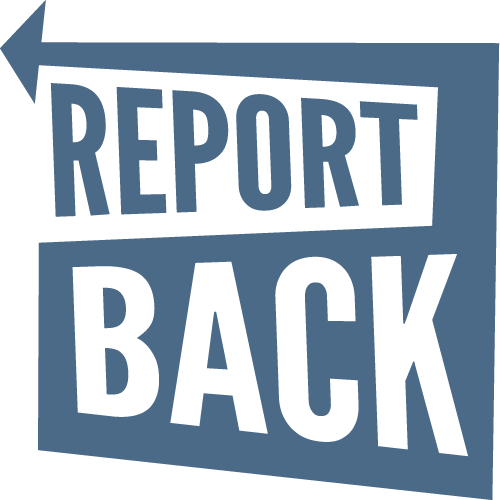About
Report Back is a tool developed by the Electronic Frontier Foundation to distribute small research assignments to a team of students and volunteers.
Currently, Report Back is designed to support the Atlas of Surveillance, a research project organized by the Electronic Frontier Foundation in partnership with the University of Nevada, Reno’s Reynolds School of Journalism. By crowdsourcing research, we aim to inventory surveillance technology in use by local law enforcement agencies. If you would like a "Group Code" in order to do assignments, please email aos@eff.org.
Please check out the Atlas of Surveillance to learn more about how this data is used.
Why surveillance technology?
Law enforcement agencies are acquiring advanced technologies at a rapid pace. Without scrutiny, these technologies may proliferate without safeguards for protecting the public’s civil rights and liberties. This technology may erode privacy, disproportionately harm already disadvantaged communities, waste taxpayer money, and create cybersecurity risks.
This project aims to strike a balance between what police know about us and what the public knows about police.
What do you mean by surveillance?
The menu of technology options available to law enforcement grows week by week. Some of the technologies we will be researching include:
- Automated License Plate Readers
- Drones
- Biometric Technology (e.g. face recognition)
- Cell-site simulators (a.ka. stingrays)
- Body-worn cameras
- Real-Time Crime Centers
- Connected camera systems
- Gunshot detection
- Predictive Policing
- Social media monitoring
- Register-your-camera programs
This is not an exhaustive list by any means. You may very well discover surveillance technologies that have never been reported on in-depth.
What are the learning objectives?
Report Back is designed to help students practice online reporting skills and to analyze how the media covers police surveillance technology. Through the project, participants will:
- Practice using advanced search engine techniques
- Practice navigating government websites and reading public records
- Practice analyzing and summarizing news articles
- Exposure to the different ways surveillance technology is discussed by government agencies, companies, civil liberties organizations, and the media
- Gain firsthand experience building a journalism dataset

